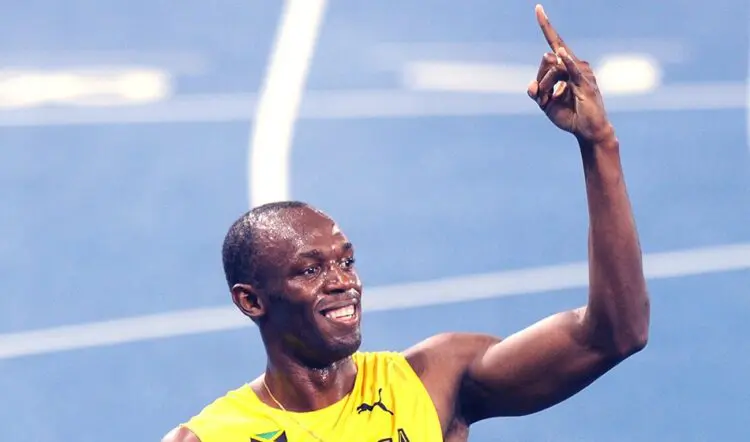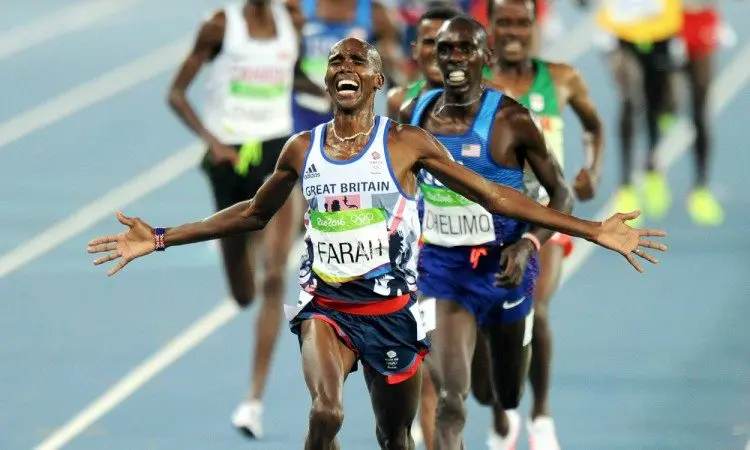The countdown is on for the 2024 Olympic Games in Paris, with the eyes of the sporting world ready to set their sights on the French capital for one of the greatest spectacles that sport has to offer. From Jesse Owens to Mo Farah and Usain Bolt, some of the most recognisable names in track and field have found fame at the Olympics and in 2024 a new crop of athletes will be hoping to write their names in the history books.
Not The Only Major Tournament In 2024
Of course, the sporting world is full of famous tournaments and competitions every year, and although the Paris Olympics will take centre stage, sports and betting UK fans can also look forward to the European Football Championships, as well as the usual cohort of top competitions in tennis, golf and horse racing to name just a few.
Experts will have many sports betting tips on each occasion but for those of you who may fancy yourself as a future Bolt or Farrah, below are some tips on what it takes to be an Olympic standard athlete.
Coaching and Training
Training for the Olympics is an intense and rigorous process that requires dedication, discipline, and years of preparation. Athletes must undergo specialised training to reach peak physical and mental condition for their respective sports.
Athletes work closely with experienced coaches who provide guidance, expertise, and feedback. Coaches help athletes refine their techniques, develop game plans, and monitor their progress.
Athletes focus on sport-specific training tailored to their event. This may include strength training, endurance training, skill drills, and tactical practice.

Physical Conditioning & Mental Preparation
Conditioning is a crucial aspect of Olympic training. Athletes work on building strength, agility, speed, and flexibility through exercises, drills, and workouts designed to improve their performance.
Olympic athletes train mentally to develop focus, resilience, and the ability to handle pressure. This may include visualisation exercises, meditation, and working with sports psychologists. Usain Bolt has often spoken about the importance of mental strength when it came to his incredible success.
Nutrition and Recovery
Olympic athletes follow strict dietary plans to ensure they are fueling their bodies with the right nutrients. Nutritionists and dietitians often work with athletes to create personalised meal plans.
Olympic Qualification and Team Dynamics
Athletes often compete in a series of qualifying events, national championships, and international competitions to gain experience and refine their skills under competitive conditions.
To compete in the Olympics, athletes need to meet specific qualification standards or criteria set by their national governing bodies or international sports organisations.
Team sports involve additional training elements, such as team tactics, communication, and coordination. Athletes must work closely with their team-mates to achieve success.
Athletes have a support team that includes coaches, physiotherapists, nutritionists, sports scientists, and more, all working together to optimise their performance.

Injury Management
Injuries are common in sports, and athletes must be prepared to deal with them. They receive medical care, and rehabilitation, and may make adjustments to their training plans when injured. Mo Farah was one such athlete who had to recover from an injury to make it to the 2012 Olympics where he would win the 10,000 metres gold medal.
Training for the Olympics is a gruelling and lifelong pursuit, and only a small percentage of athletes ever make it to the Olympic Games. The level of commitment required is immense, but for those who succeed, the chance to represent their country on the world stage is a dream come true.
